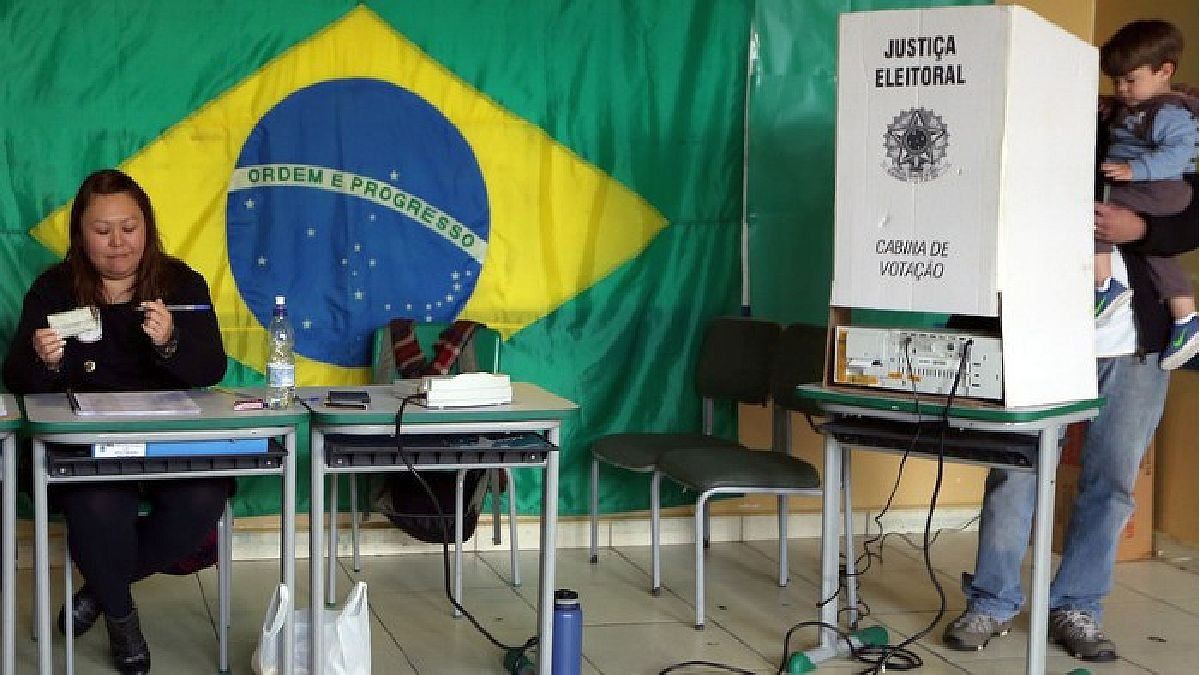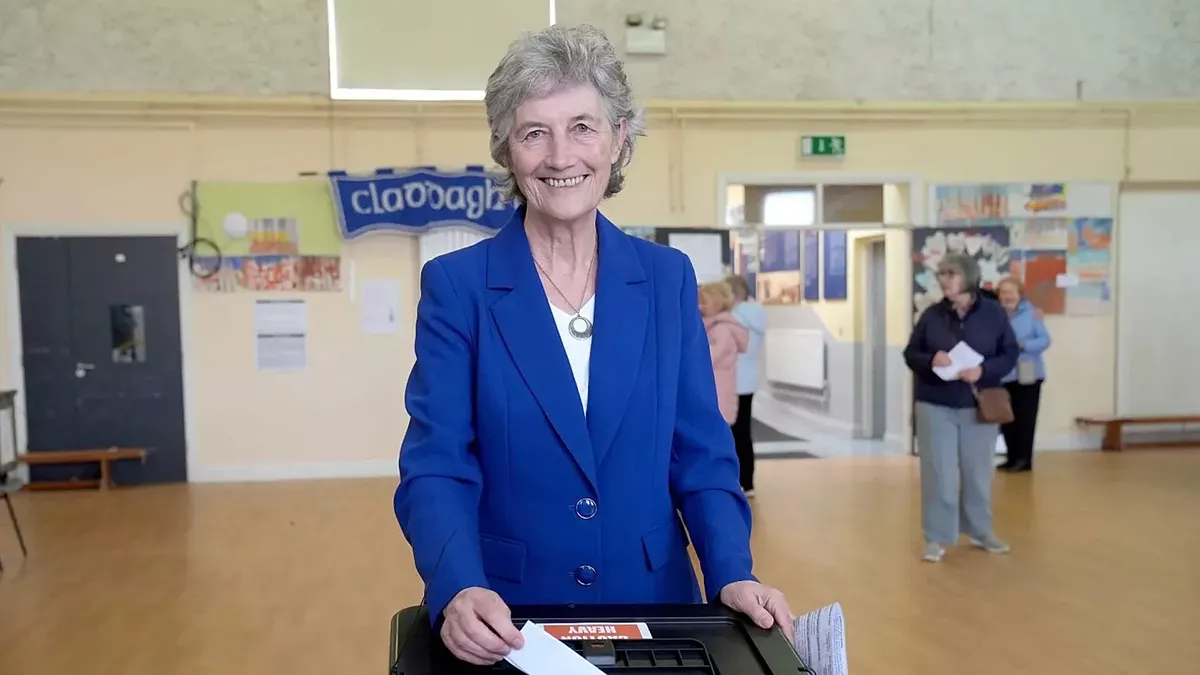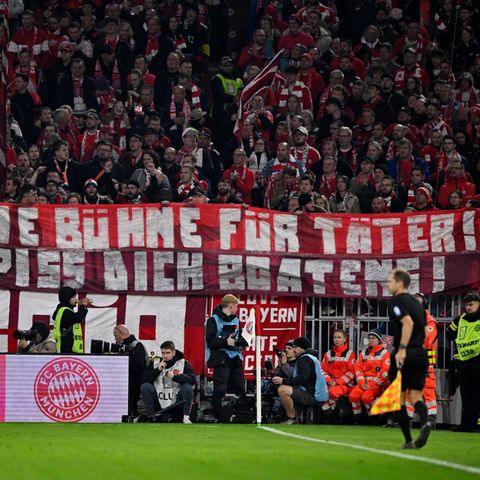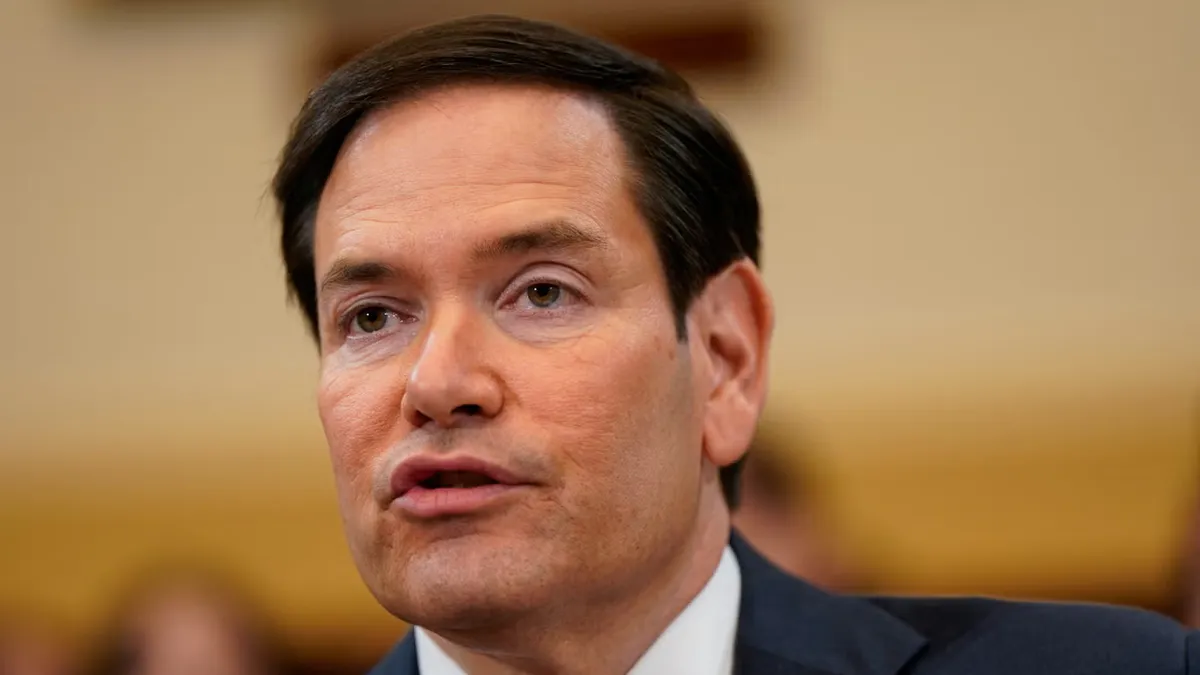With that number, Argentina ranks as the country with the number of Brazilian voters in Latin America, which is why the leader of the Workers’ Party (PT) sought to captivate the electorate with whom he will seek to return to the Planalto Palace.
These elections in Brazil will have a strong implication in Argentina, since the South American giant is the main trading partner: in 2021 the trade balance with the neighboring country was 24,210 million dollars, with a balance of 674 million in favor of the verdeamarelo.
The main products exported by Argentina last year were cars and wheat, while vehicles and iron products were also imported.
So far in 2022, the numbers in red have deepened in the commercial exchange and so far the deficit is 2,824 million dollars. Brazil ranks as the main destination for Argentine exports and as the second supplier, behind China.
In recent years, the political relationship between the Casa Rosada and the Palacio del Planalto was not only practically non-existent, but was also marked by strong clashes between the president Alberto Fernandez and Bolsonarowho are at the ideological antipodes.
Alberto Bolsonaro.jpg
telam
For that reason, it was no mystery that the Argentine publicly expressed his support for Lula’s candidacy, with whom he maintains close ties. The most recent endorsement was during his visit to the United States to participate in the United Nations General Assembly.
“It is possible that if the electoral results in Brazil occur as the polls predict, we can build a simpler line of communication and work between Mexico, Brazil and Argentina, which now are not exactly aligned in the same way,” said Alberto Fernández. giving the conference “Global challenges: a Latin American perspective” at The New School University.
In this framework, the President pointed out that “Lula is putting up a fight in Brazil. God grant that things go well for him and the Brazilians accompany him,” while stressing that he hopes that, in the face of a possible new government of the leader of the Workers’ Party, progress can be made in an initiative that could never materialize: “Integrate ourselves in a common currency”.
“It would be the beginning of leaving these international systems that help us a little, but it is much more that punishes us”ended.
With all this context behind, thousands of Brazilians will vote this Sunday in Argentina. The only voting center in Buenos Aires will be located in the basement of the headquarters of the diplomatic representation, located at Cerrito 1350, in the San Nicolás neighborhood: there, those who are based in the City and in the provinces of Buenos Aires will be able to vote. Buenos Aires, Santa Fe, Entre Ríos, Chaco, Formosa, La Pampa, Neuquén, Río Negro, Chubut, Santa Cruz and Tierra del Fuego.
Those who reside in Mendoza may go to the Consulate General located at Rivadavia 628, in the capital district: those who are domiciled in Saint John and Saint Louis.
Meanwhile, those who live in Córdoba will be able to do so at the headquarters located at Avenida Ambrosio Olmos 615, in Barrio Nueva Córdoba: at that point Brazilians residing in Jujuy, Salta, Catamarca, La Rioja, Tucumán and Santiago del Estero.
The two Argentine provinces that border Brazil will also have electoral headquarters: Paso de los Libres in Corrientes and Puerto Iguazú in Misiones.
Elections in Brazil: from how much can you vote?
The electronic ballot boxes, the current voting system in the neighboring country, will be open between 8:00 and 17:00 this Sunday. Only people who are based in Argentina are entitled to vote: tourists are not included in the electoral list.
Unlike those who vote in their country, Brazilian citizens residing in Argentina may only vote in the category of candidates for President, in accordance with the provisions of the Electoral Code.
The 11 presidential formulas that will seek to reach the Planalto Palace in Brazil:
- Jair Bolsonaro-Walter Braga Netto (Liberal Party);
- Luiz Inácio “Lula” Da Silva-Geraldo Alckmin (Partido dos Trabalhadores);
- Ciro Gomes-Ana Paula Matos (Democratic Labor Party);
- Simone Tebet-Mara Gabrilli (Brazilian Democratic Movement);
- Vera Lúcia Salgado-Raquel Tremembé (Unified Socialist Workers’ Party);
- Felipe D Avila-Tiago Mitraud (New);
- Soraya Thronicke-Marcos Cintra (Brazil Union);
- José María Eymael-Joao Barbosa (Christian Democracy);
- Léo Péricles-Samara Martins (Popular Unity);
- Sofia Manzano-Antonio Alves (Brazilian Communist Party);
- Roberto Jefferson-Kelmon Luís Da Silva (Brazilian Labor Party).
Source: Ambito
David William is a talented author who has made a name for himself in the world of writing. He is a professional author who writes on a wide range of topics, from general interest to opinion news. David is currently working as a writer at 24 hours worlds where he brings his unique perspective and in-depth research to his articles, making them both informative and engaging.




